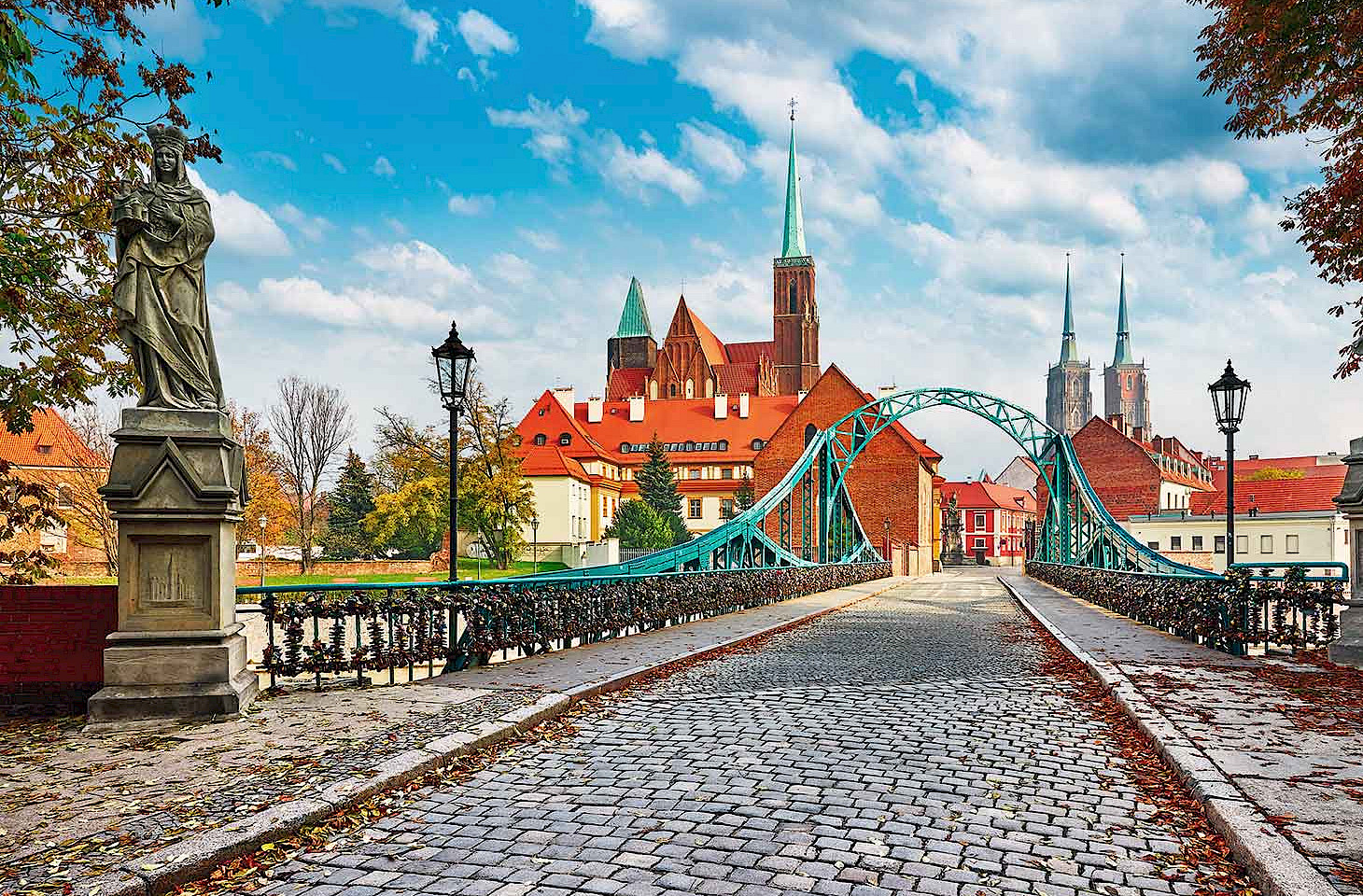After a whole hot day and a restless night, in which our thoughts were moulded by the gentle rhythm of the train, we stopped in the morning at a little wayside halt in the forest. There was no station sign, just a few faded white letters painted on the crumbling rust red brick structure that had once served as a station house. Wild tarragon sprung from the cracked surface that was the station platform. We jumped down from the blue and white carriage. The train driver looked back from his cab, evidently surprised that anyone might alight here. Within moments, the train was gone, rattling on to who knows where. And we were left alone in the quiet of the Russian forest, for company just the tap-tap-tap of a single woodpecker working away on a slender birch that grew beside the railway track.
We walked along the narrow trail, not a road at all, that led gently downhill from the front of the old station building. Down through the birches and firs, ashy podzols underfoot, and a few midges anxious to secure a late breakfast. After half an hour, following the crude map that Ivan had sent us, we came to the shore of the lake. Away to the south, we could see the wooden buildings that defined a simple settlement.
It was just a few minutes walk along the lakeshore till we came to the first of the houses. A simple squat affair, built of wood, with a blue door and blue window frames. It faced away from the lake, and a small boat was tied up to a birch tree that grew on the bank, just a stone's throw from the back of the house. Beside the house, a wooden trellis was hung with strings of onions. In front of the house there was a neatly cultivated allotment - furrowed symmetry in grey soil, attended by an upright box containing rakes and hoes. The ensemble was surrounded by a picket fence.




